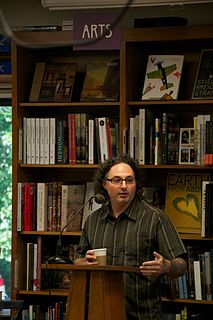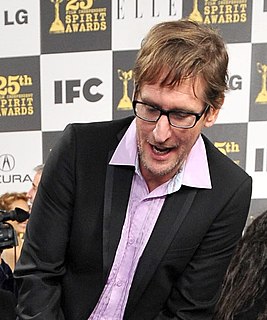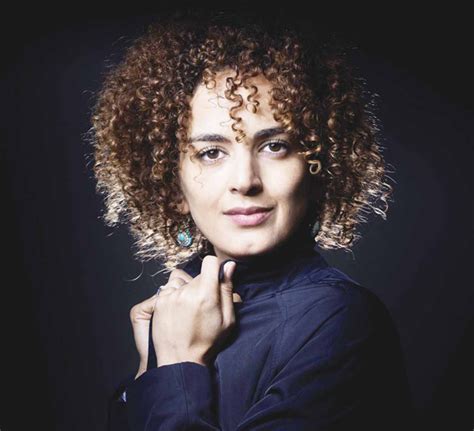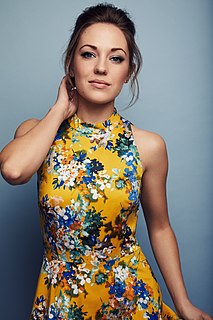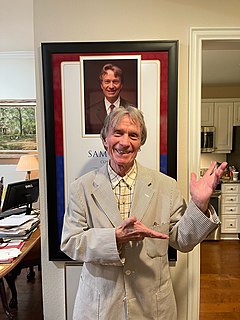A Quote by Paul Madonna
On to the Next Dream is so outlandish. I call it absurdist fiction, because the story is utter hyperbole. The story builds to such an exaggerated and ridiculous pitch that there's no way it can be true - and yet, because it's based on the current cultural climate, it feels as if it is.
Related Quotes
A story is a way to say something that can't be said any other way, and it takes every word in the story to say what the meaning is. You tell a story because a statement would be inadequate. When anybody asks what a story is about, the only proper thing is to tell them to read the story. The meaning of fiction is not abstract meaning but experienced meaning.
A dream inspiring a story is different than placing a description of a dream in a story. When you describe a character's dream, it has to be sharper than reality in some way, and more meaningful. It has to somehow speak to plot, character, and all the rest. If you're writing something fantastical, it can be a really deadly choice because your story already has elements that can seem dreamlike.
Say you have a headline like "Mountain Bike Stolen," and then you read the story, read another story about it the next day, and then the next week, and then the next year. News is a process of expansion, the filling in of detail, and making narrative connections - not based on chronology, but based on features of the story. There are narrative connections made between props, between characters, between situations, and so forth.
Getting to do 'December Songs' in a cabaret-style format was so interesting because it's like a one-woman song cycle that actually tells a story. It feels like a theatrical experience more than a cabaret because I didn't talk in between. We went from one song to the next, nine songs in a row - bam - I told the story in half an hour.
The story of the entrepreneur... is the story of forward progress, of pursuing one's dreams and goals no matter how outlandish they seem to others. The entrepreneur, like the pioneer, pushes boundaries in search of what's new, what's next. Sometimes, he brings the whole society with him, rushing forward together into a next phase of our communal human life.
When I first started you would pitch a story because without a good story, you didn't really have a film. Later, once sequels started to take off, you pitched a character because a good character could support multiple stories. and now, you pitch a world because a world can support multiple characters and multiple stories across multiple media.
I like the idea all memory is fiction, that we have queued a couple of things in the back of our minds and when we call forth those memories, we are essentially filling in the blanks. We're basically telling ourselves a story, but that story changes based on how old we are, and what mood we're in, and if we've seen photographs recently. We trust other people to tell us the story of our lives before we can remember it, and usually that's our parents and usually it works, but obviously not always. And everybody's interpretation is going to be different.
